Five of the UK’s best beaches
From the remote golden sands of Wales to the dunes of Lindisfarne, Chris Carter reports on the UK’s best beaches.

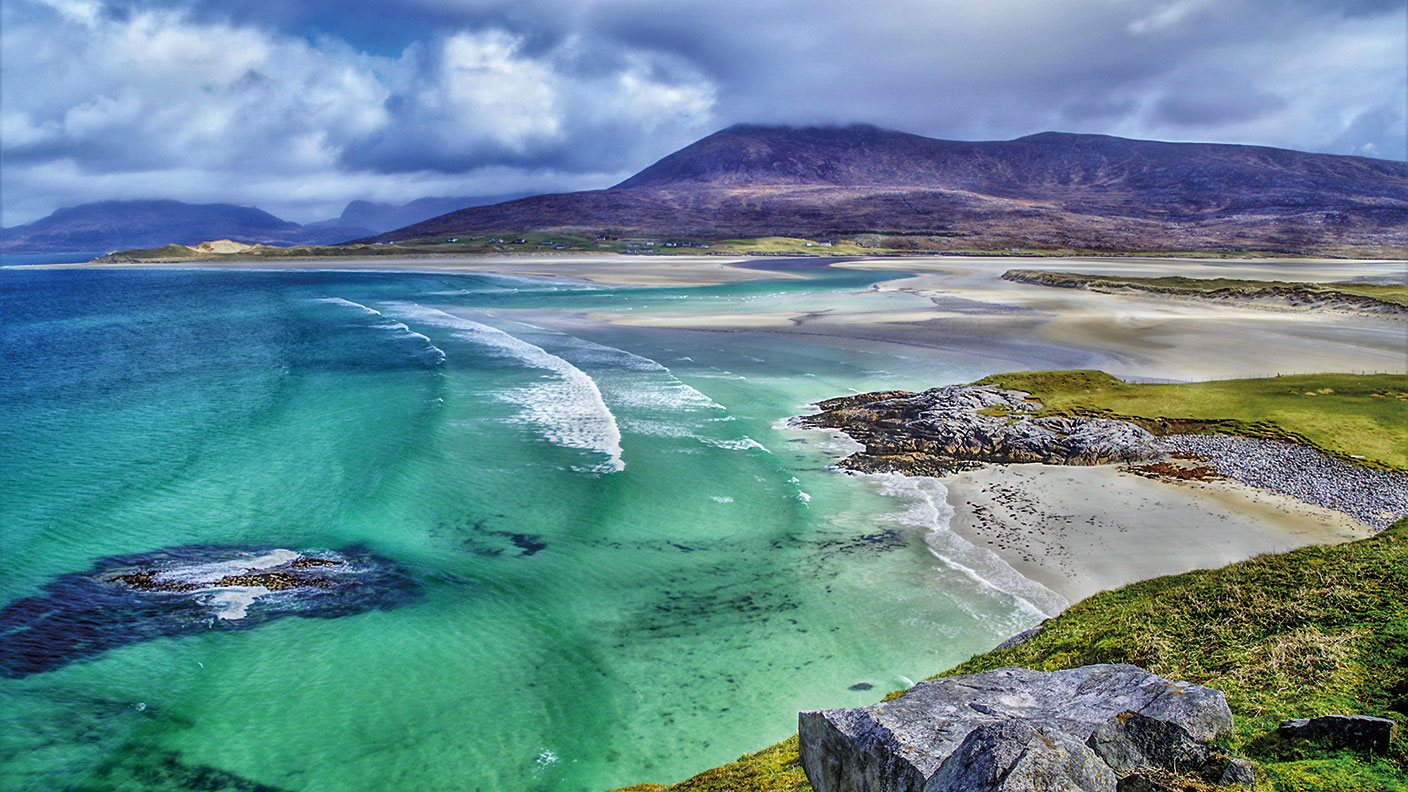
Get the latest financial news, insights and expert analysis from our award-winning MoneyWeek team, to help you understand what really matters when it comes to your finances.
You are now subscribed
Your newsletter sign-up was successful
Want to add more newsletters?

Twice daily
MoneyWeek
Get the latest financial news, insights and expert analysis from our award-winning MoneyWeek team, to help you understand what really matters when it comes to your finances.

Four times a week
Look After My Bills
Sign up to our free money-saving newsletter, filled with the latest news and expert advice to help you find the best tips and deals for managing your bills. Start saving today!
Tropical sands in Scotland
Luskentyre beach (above), on Harris in the Outer Hebrides, is one of the island’s “show-stoppers”, says Hugh Morris in The Sunday Telegraph. The beach makes “a vast ‘V’ shape as the sea infringes the land, cutting channels and streams that ebb and flow with the tides. It is wide, sweeping, golden and empty”. It’s enough to make one feel like Tom Hanks’ character in the film Cast Away, stranded as he was on a tropical island. “Luskentyre’s waters shimmer between blue and silver as the shallows rise and fall, with only gentle waves breaking the silence. I wandered for hours and barely covered half the shore.”
Stay at The Sheep Station, from £2,500 for a week, thesheepstation.co.uk.
A beach to surprise and amaze
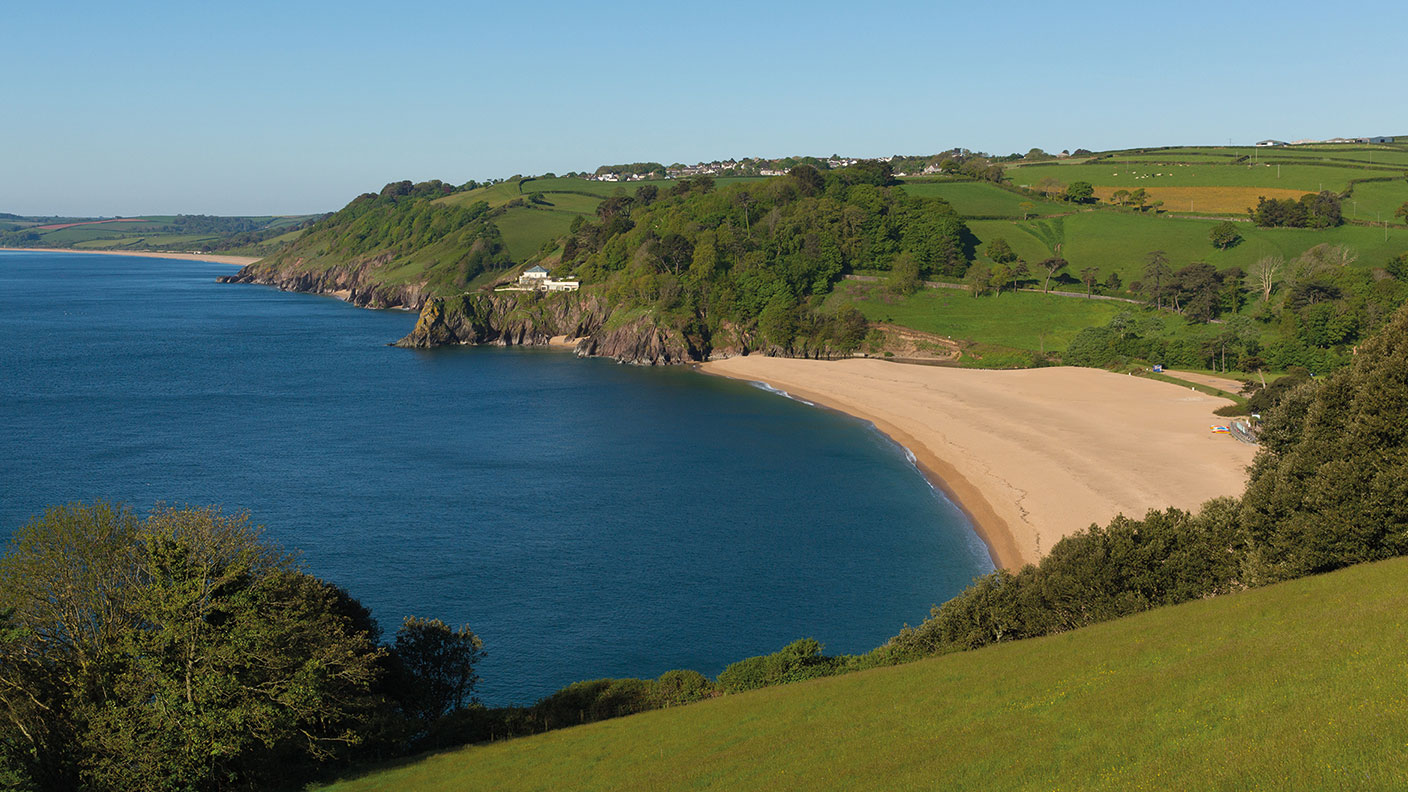
Don’t be fooled by the name, says Olivia Holborow for Condé Nast Traveller. Blackpool Sands is actually in South Devon. But the real surprise is the drive to get there, “through pine trees, almost reminiscent of the Amalfi Coast, [bringing] you out onto a splendid sweep of beach”. It is made up of “the smoothest little pebbles, which makes the water astonishingly clear”. When the temperature begins to soar, “the pontoon floating off the shore is the coolest place to be”. It’s also perfect for “diving off into the bay’s blue waters”. The Venus Café, at the back of the beach, is a cut above, serving sustainable local seafood. The Gara Rock hotel, near Salcombe, has “staggering” clifftop views.
MoneyWeek
Subscribe to MoneyWeek today and get your first six magazine issues absolutely FREE

Sign up to Money Morning
Don't miss the latest investment and personal finances news, market analysis, plus money-saving tips with our free twice-daily newsletter
Don't miss the latest investment and personal finances news, market analysis, plus money-saving tips with our free twice-daily newsletter
Around £574, gararock.com.
A Welsh beach for the brave
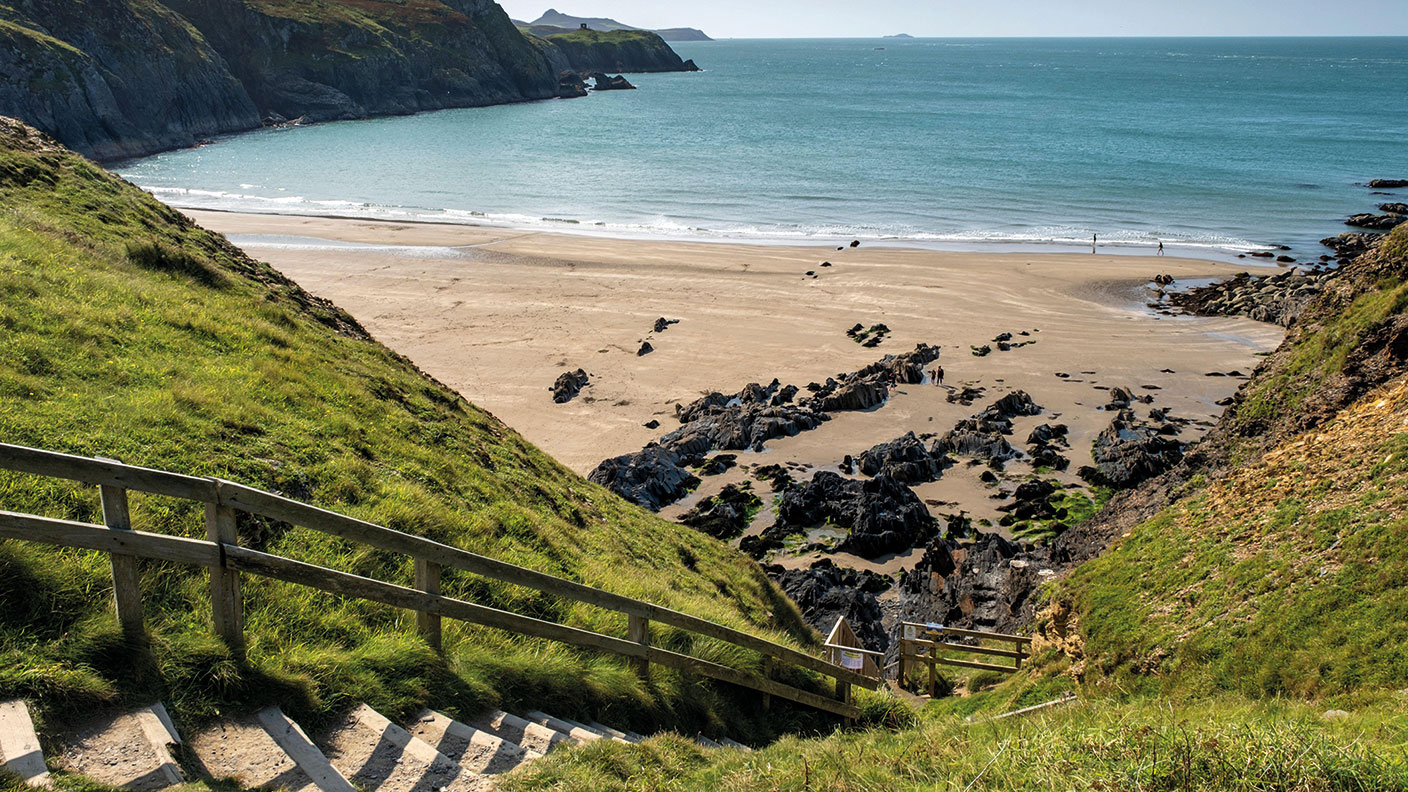
Traeth Llyfn Beach, in Pembrokeshire, is “majorly off the beaten track”, says Nisha Mal on Wales Online. To get here, you will have to “hike along a coastal path and then brave a slightly scary set of metal steps down a cliff face to see the sand”. But don’t let that put you off. “Once down on the beach, there is plenty of space for dogs to run free and games to be played.” Just be careful if you decide to go in the water. The waves are powerful and there is no lifeguard due to the remoteness of the area.
A spiritual haven
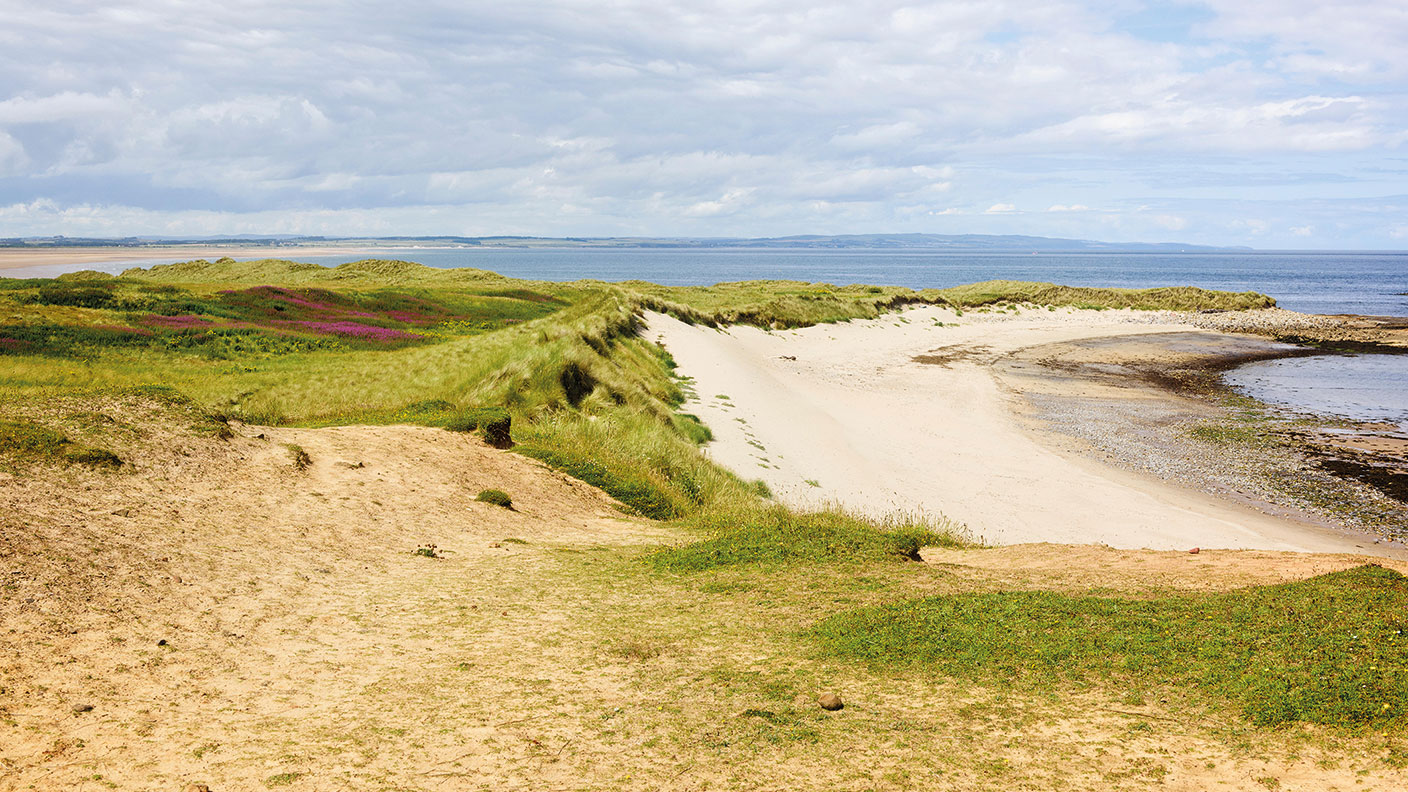
With the weather warming up, the question is how to avoid the crowds, says Daniel Start in The Daily Telegraph. Coves Haven, on Holy Island in Northumberland, provides the answer. The island, also known simply as Lindisfarne, was the birthplace of Christianity in England. “Many cross the tidal causeway to visit the monastery founded by St Aidan of Iona in the seventh century, but few know about the beach on the north side of the island.” In its time, Coves Haven served as a sanctuary for the monks. It was here that they came to “commune with the ocean and cleanse themselves in the waves”. Birds of prey make their homes in the sandstone caves overlooking the sandy bay.
Something for everyone
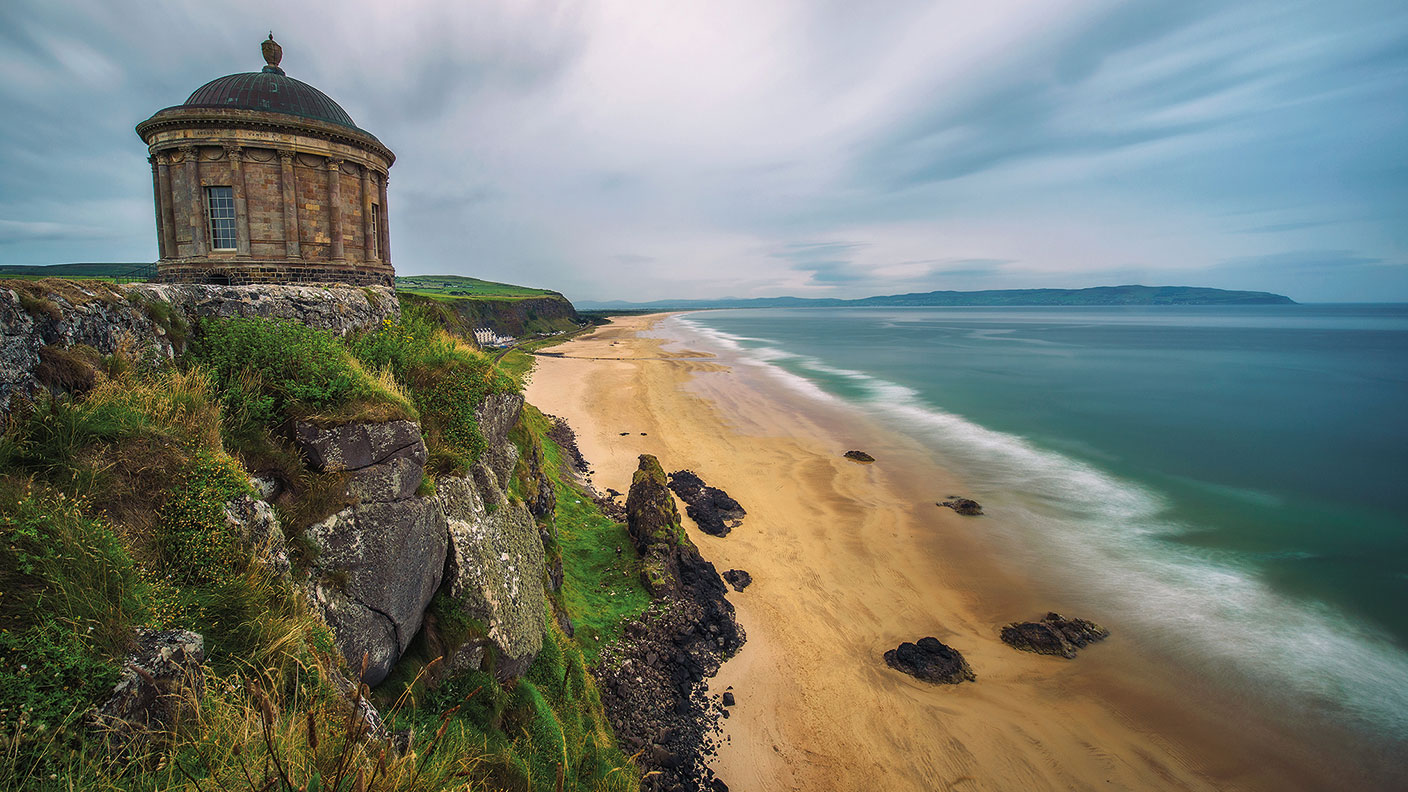
“What’s wonderful about the British coast is that it is so varied,” says television presenter Kate Humble in The Times. For a relatively small country, there is a lot of coastline and, not only is it beautiful, but it is accessible too. So “whether your interest is wildlife or history, beauty, exercise, or just getting outside, there’s something for everyone on the coast”. Take Downhill Strand, in Coleraine, Northern Ireland, for example. The 18th-century Mussenden Temple stands like a sentinel over the sea at one end of the seven miles of sand and surf, says Jane Knight in the same paper. It is one of Northern Ireland’s most photographed monuments and makes for a “scenic lookout”. “Down on the beach – Dragonstone Sands in Game of Thrones – there are nature walks among the sand dunes, and surfers and horse riders at the start and end of the day.”
Get the latest financial news, insights and expert analysis from our award-winning MoneyWeek team, to help you understand what really matters when it comes to your finances.

-
 Should you buy an active ETF?
Should you buy an active ETF?ETFs are often mischaracterised as passive products, but they can be a convenient way to add active management to your portfolio
-
 Power up your pension before 5 April – easy ways to save before the tax year end
Power up your pension before 5 April – easy ways to save before the tax year endWith the end of the tax year looming, pension savers currently have a window to review and maximise what’s going into their retirement funds – we look at how
-
 Adventures in Saudi Arabia
Adventures in Saudi ArabiaTravel The kingdom of Saudi Arabia in the Middle East is rich in undiscovered natural beauty. Get there before everybody else does, says Merryn Somerset Webb
-
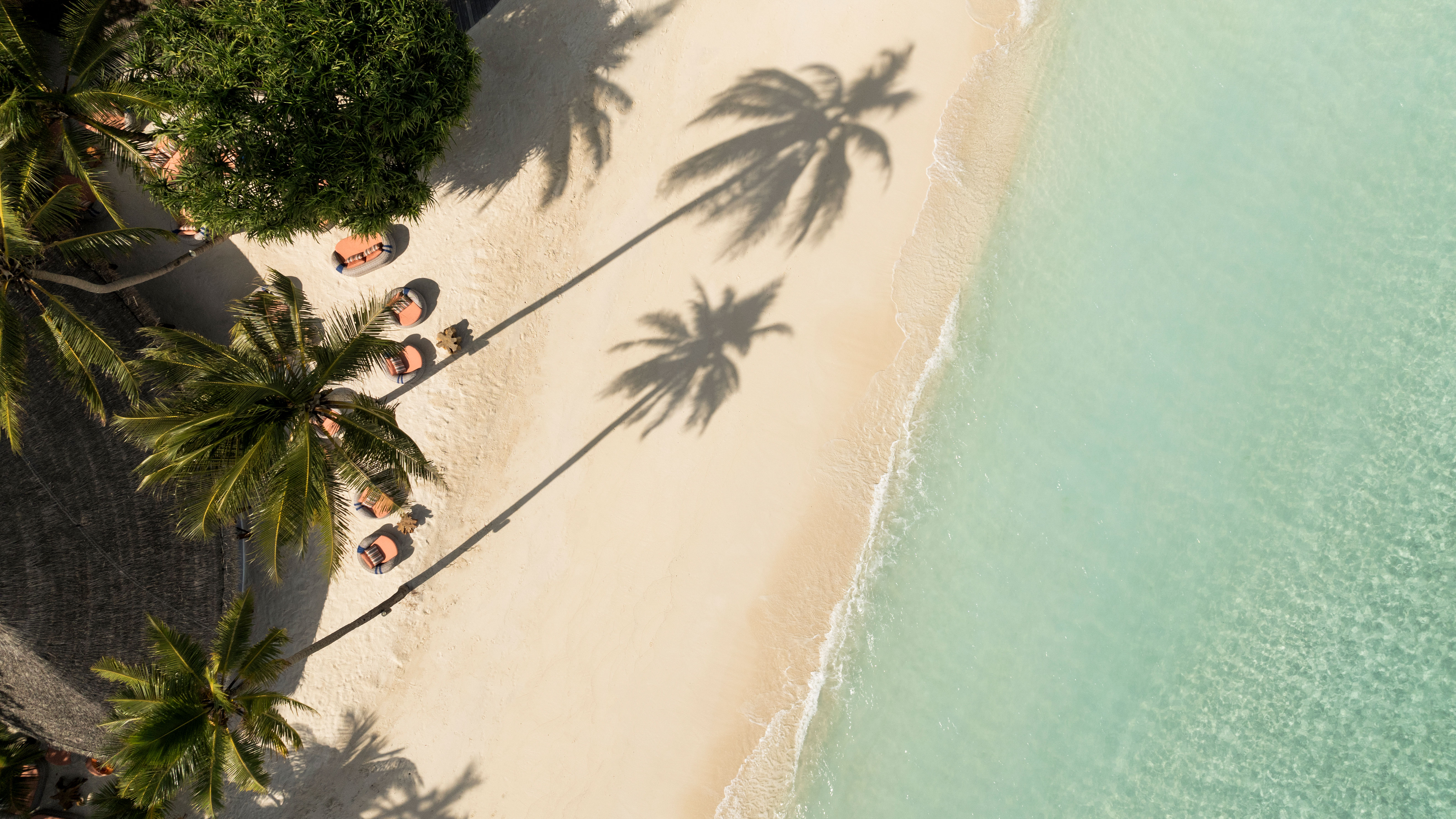 Review: Constance Moofushi and Halaveli – respite in the Maldives
Review: Constance Moofushi and Halaveli – respite in the MaldivesTravel The Constance resorts of Moofushi and Halaveli on two idyllic islands in the Maldives offer two wonderful ways to unwind
-
 Affordable Art Fair: The art fair for beginners
Affordable Art Fair: The art fair for beginnersChris Carter talks to the Affordable Art Fair’s Hugo Barclay about how to start collecting art, the dos and don’ts, and more
-
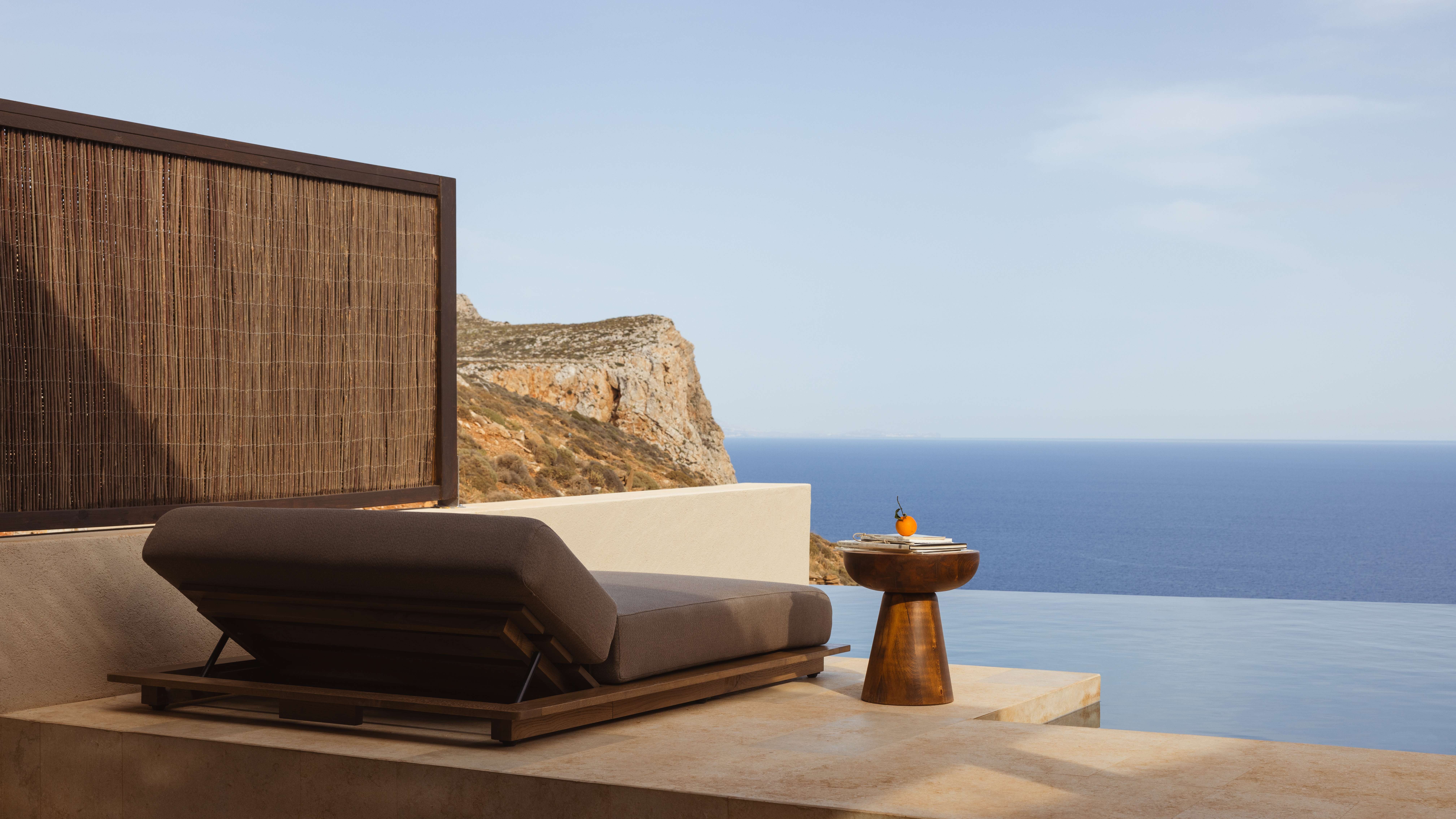 Review: Gundari, a luxury hotel in the Greek island of Folegandros
Review: Gundari, a luxury hotel in the Greek island of FolegandrosNicole García Mérida stayed at Gundari, a luxurious hotel on Folegandros, one of the lesser-known islands in the southern Cyclades in Greece
-
 Fine-art market sees buyers return
Fine-art market sees buyers returnWealthy bidders returned to the fine-art market last summer, amid rising demand from younger buyers. What does this mean for 2026?
-
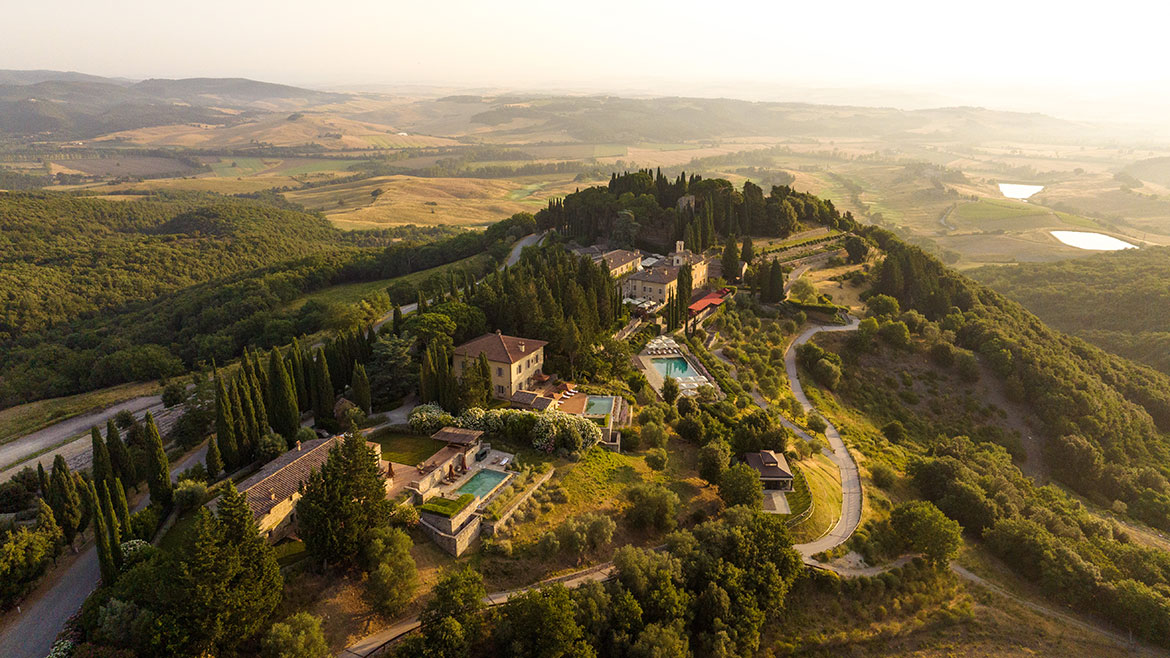 Review: Castiglion del Bosco, A Rosewood Hotel – a Tuscan rural idyll
Review: Castiglion del Bosco, A Rosewood Hotel – a Tuscan rural idyllTravel Play golf, drink exquisite wine and eat good food at Castiglion del Bosco, A Rosewood Hotel, all within the stunning Val d’Orcia National Park in Tuscany
-
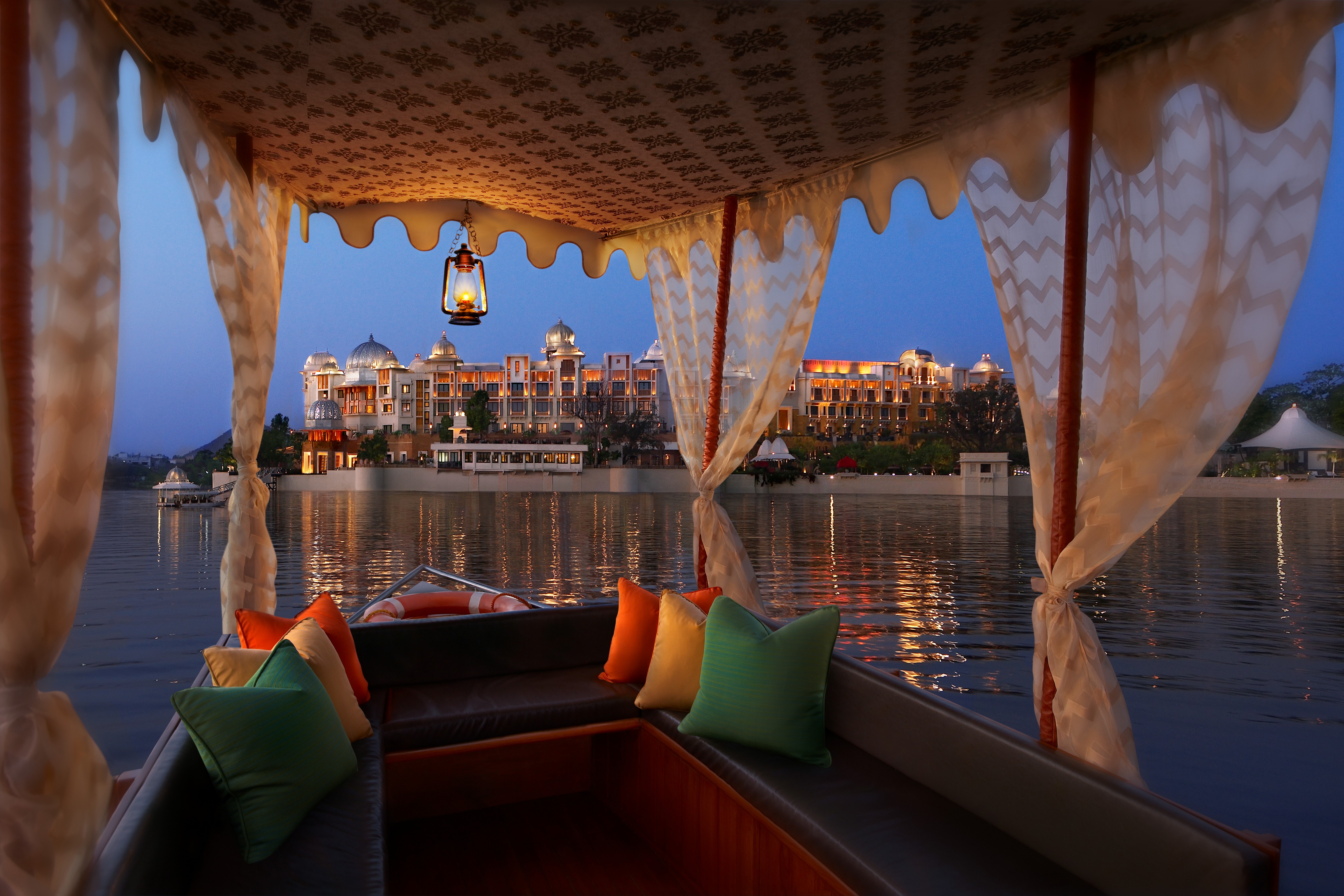 Review: A cultural tour of North India
Review: A cultural tour of North IndiaTravel Jessica Sheldon explores North India's food and art scene from three luxurious Leela Palace hotels in New Delhi, Jaipur and Udaipur
-
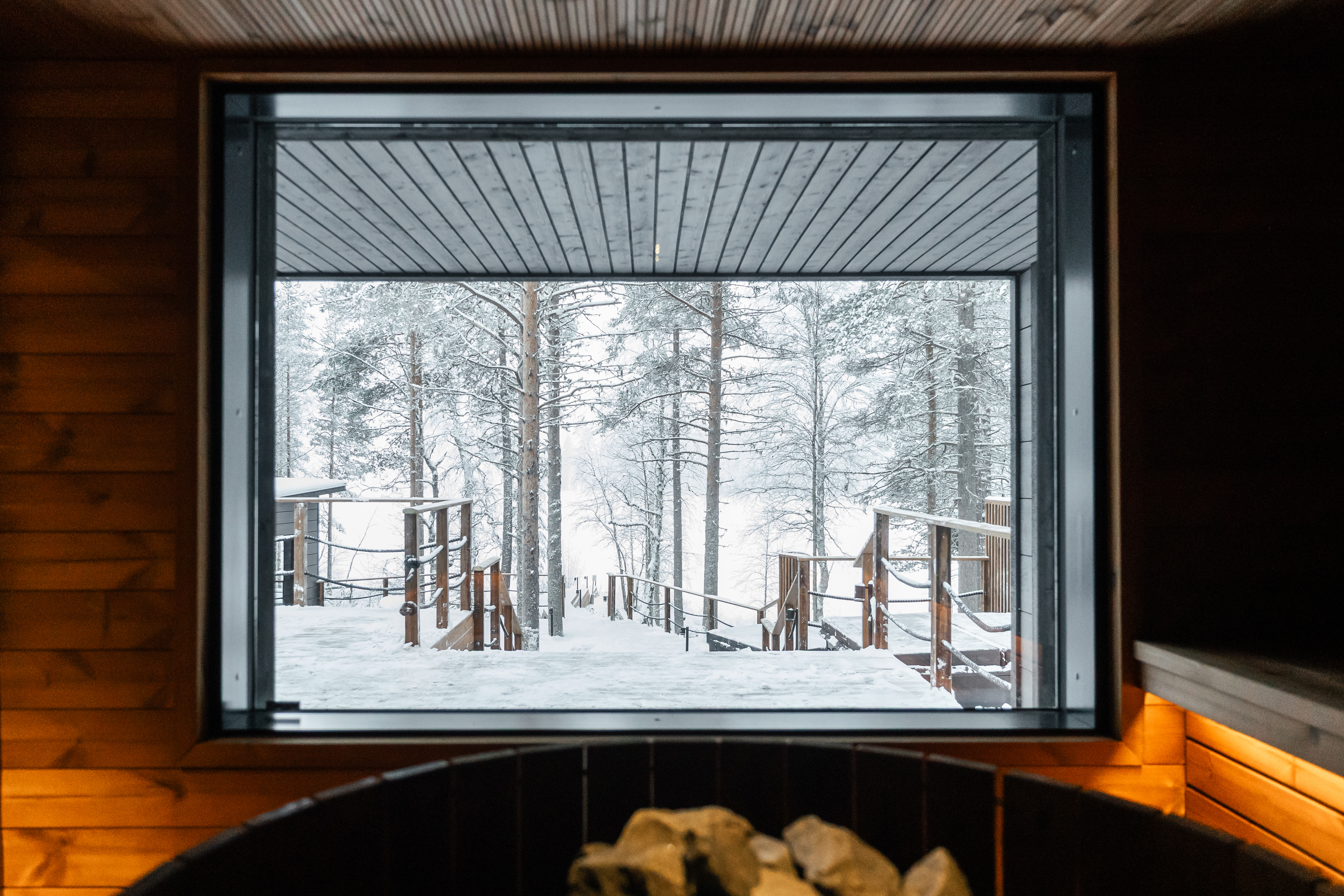 The best luxury saunas, spas and icy plunges
The best luxury saunas, spas and icy plungesRestore your mind and body with luxury fire and ice experiences, from warming saunas to icy plunges